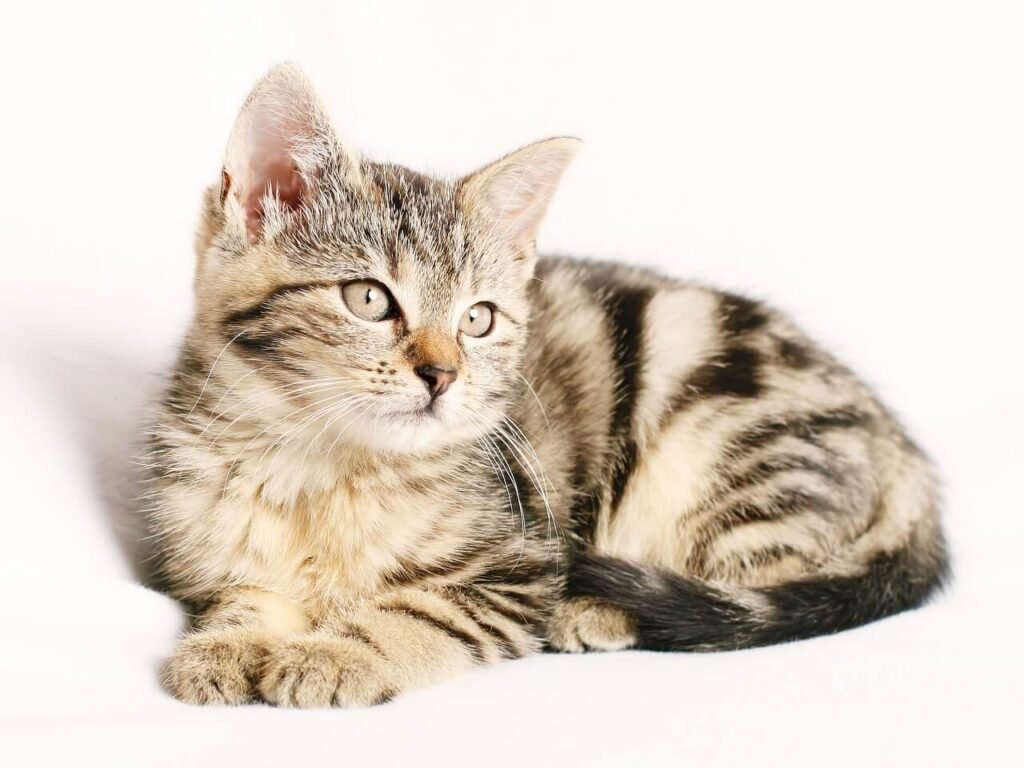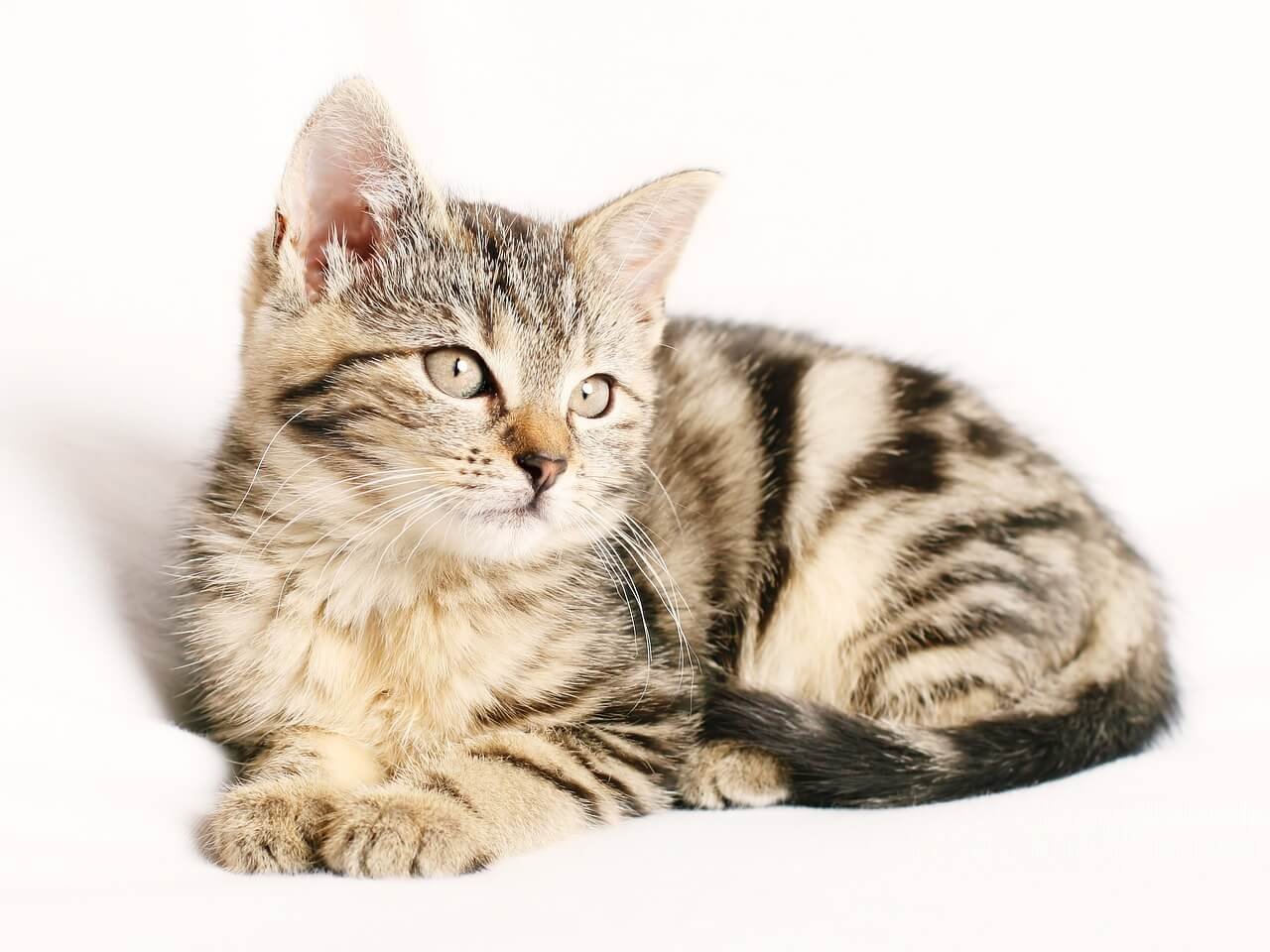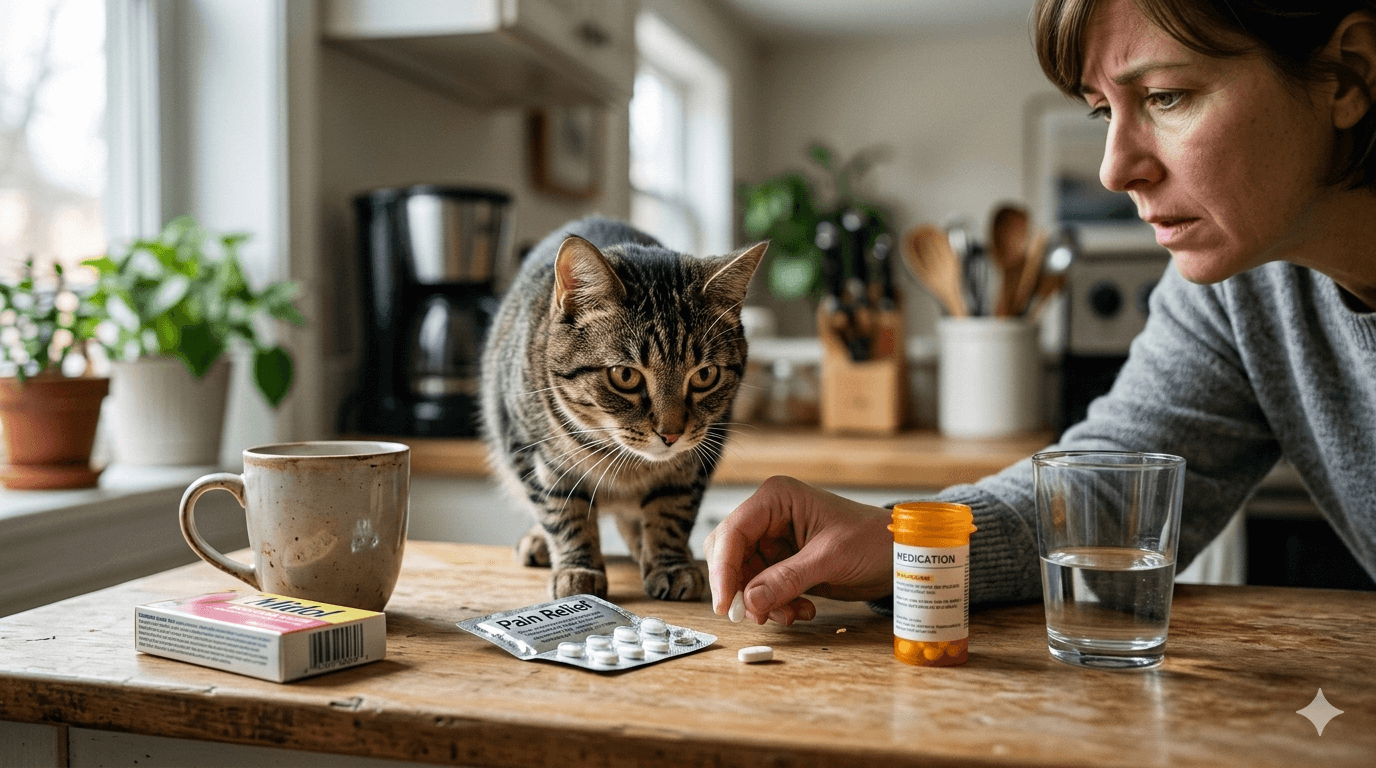Understanding Cat Acid Reflux: Causes, Symptoms, and Solutions
Acid reflux in cats is a condition that many pet owners may not immediately recognize, but it can significantly impact your feline friend’s quality of life. Just like in humans, acid reflux occurs when stomach acid flows back into the esophagus, causing irritation and discomfort. While it’s not always easy to spot, symptoms such as vomiting, regurgitation, or changes in appetite can signal that something is wrong. Understanding the causes, recognizing the signs, and knowing how to manage this condition are essential for keeping your cat healthy and comfortable. In this guide, we’ll explore everything you need to know about cat acid reflux, from prevention to treatment, so you can support your furry companion effectively.
What Triggers Acid Reflux in Cats?
Acid reflux in cats can arise from various factors, ranging from dietary habits to underlying health conditions. Identifying the root cause is crucial for effective management. Here are some common triggers:
Improper Feeding Practices :
Feeding large meals or elevated food bowls can increase the risk of acid reflux.Obesity :
Excess weight puts pressure on the stomach, making it easier for acid to flow back into the esophagus.Anesthesia During Surgery :
Cats may experience temporary acid reflux after being under anesthesia due to relaxed esophageal muscles.Hiatal Hernia :
A condition where part of the stomach protrudes into the chest cavity, disrupting normal digestion.Dietary Sensitivities :
Certain foods or sudden diet changes can irritate the digestive system, leading to reflux.
By understanding these potential causes, you can take proactive steps to minimize your cat’s risk of developing acid reflux. Always consult your veterinarian if you suspect an issue.
How to Recognize Acid Reflux in Your Feline Friend
Detecting acid reflux early can make a significant difference in your cat’s comfort and recovery. Look out for these telltale signs that may indicate your cat is experiencing reflux:
Regurgitation :
Unlike vomiting, regurgitation involves undigested food coming up shortly after eating.Excessive Drooling :
Increased saliva production can be a sign of esophageal irritation.Loss of Appetite :
Discomfort may cause your cat to avoid eating altogether.Lethargy or Weakness :
Pain or discomfort from acid reflux can lead to decreased energy levels.Coughing or Gagging :
These behaviors may occur as your cat tries to clear their throat or esophagus.
If you notice any of these symptoms, it’s important to seek veterinary advice promptly. Early intervention can prevent complications and improve your cat’s well-being.
Check this guide 👉Subcutaneous Fluids for Cats: Best 7 Expert Tips!

Preventive Measures for Acid Reflux | Treatment Options for Acid Reflux |
|---|---|
Feed smaller, more frequent meals | Prescription diets designed for sensitive stomachs |
Elevate food bowls slightly | Medications to reduce stomach acid production |
Maintain a healthy weight for your cat | Antacids or proton pump inhibitors |
Avoid sudden diet changes | Regular monitoring by a veterinarian |
Provide a stress-free environment | Surgery for severe cases like hiatal hernias |
Tips for Supporting Your Cat’s Digestive Health
While professional veterinary care is essential, there are several things you can do at home to help manage your cat’s acid reflux and promote healing. Here are some strategies to consider:
Adjust Meal Portions :
Breaking meals into smaller portions throughout the day reduces strain on the digestive system.Choose High-Quality Food :
Opt for easily digestible, high-protein foods that are gentle on the stomach.Create a Calm Eating Environment :
Minimize distractions and stress during mealtime to encourage proper digestion.Monitor Water Intake :
Ensure your cat stays hydrated, as dehydration can worsen digestive issues.Avoid Table Scraps :
Human food can upset your cat’s stomach and exacerbate acid reflux symptoms.
These lifestyle adjustments can go a long way in managing acid reflux and improving your cat’s overall health. Consistency and patience are key.
Red Flags That Require Immediate Attention
While mild cases of acid reflux can often be managed at home, certain signs indicate the need for urgent veterinary care. Don’t delay seeking help if you notice any of the following:
Persistent Vomiting or Regurgitation :
Frequent episodes may point to a more serious underlying issue.Weight Loss :
Significant or rapid weight loss is a concerning symptom that warrants investigation.Difficulty Swallowing :
This could indicate esophageal damage or blockage requiring medical intervention.Blood in Vomit or Stool :
The presence of blood is a critical sign that should never be ignored.Behavioral Changes :
Hiding, aggression, or extreme lethargy may signal severe discomfort or pain.
Your veterinarian is equipped to diagnose and treat acid reflux effectively, so don’t hesitate to reach out if you’re concerned about your cat’s health.
The Risks of Ignoring Acid Reflux in Cats
If left untreated, acid reflux can lead to more serious health issues that affect your cat’s quality of life. Chronic irritation and damage to the esophagus can have lasting consequences, making early intervention critical. Here are some potential long-term effects:
Esophagitis :
Prolonged exposure to stomach acid can cause inflammation and ulceration of the esophagus.Strictures or Narrowing :
Scarring from repeated acid exposure may narrow the esophagus, making it difficult for your cat to swallow.Aspiration Pneumonia :
Inhalation of stomach contents into the lungs can lead to a dangerous respiratory infection.Nutritional Deficiencies :
Chronic discomfort may cause your cat to eat less, leading to malnutrition over time.Behavioral Changes :
Persistent pain or discomfort can make your cat withdrawn or irritable, affecting their bond with you.
Addressing acid reflux promptly is essential to prevent these complications. Regular veterinary check-ups can help catch and treat issues before they escalate.
Tailoring Your Cat’s Diet for Better Digestive Health
Diet plays a crucial role in managing acid reflux in cats. By selecting foods that are gentle on the stomach and avoiding triggers, you can significantly reduce symptoms. Here are some dietary adjustments to consider:
High-Quality Protein Sources :
Opt for easily digestible proteins like chicken, turkey, or rabbit to minimize digestive strain.Low-Fat Formulas :
High-fat foods can increase stomach acid production, so choose low-fat options instead.Limited Ingredients :
Simplified diets with fewer ingredients reduce the risk of triggering sensitivities.Moisture-Rich Foods :
Wet or canned food helps keep your cat hydrated and supports smoother digestion.Avoid Additives and Fillers :
Artificial flavors, colors, and fillers can irritate your cat’s stomach and worsen reflux.
A carefully curated diet can make a world of difference in managing acid reflux and ensuring your cat feels their best. Always consult your vet before making significant dietary changes.
Minimizing Stress to Support Digestive Health
Stress is a known contributor to acid reflux in cats, as it disrupts normal digestive processes. Creating a calm and supportive environment can help alleviate symptoms and improve overall well-being. Here are some stress-reduction techniques to try:
Establish a Routine :
Consistent feeding, play, and sleep schedules provide stability and reassurance.Provide Safe Spaces :
Offer cozy hiding spots where your cat can retreat when feeling overwhelmed.Use Calming Products :
Pheromone diffusers or sprays can create a soothing atmosphere in your home.Limit Loud Noises :
Reduce exposure to sudden or loud sounds that might startle or stress your cat.Encourage Play and Exercise :
Interactive play sessions burn off excess energy and promote relaxation.
Reducing stress not only helps manage acid reflux but also enhances your cat’s overall happiness. A peaceful environment allows your feline friend to thrive both mentally and physically.
Frequently Asked Questions About Cat Acid Reflux
Can acid reflux in cats be cured?
While it can often be managed with lifestyle changes and medication, chronic cases may require ongoing care.
Is acid reflux painful for cats?
Yes, it can cause discomfort and irritation in the esophagus, affecting their quality of life.
What foods should I avoid giving my cat?
Spicy, fatty, or heavily processed human foods can trigger acid reflux and should be avoided.
How long does it take for treatment to work?
Improvement varies depending on the severity of the condition and the treatment plan prescribed.
Can stress cause acid reflux in cats?
Yes, stress can disrupt digestion and contribute to acid reflux symptoms.
Final Thoughts: Prioritizing Your Cat’s Digestive Health
Acid reflux in cats may not always be obvious, but its impact on their well-being is undeniable. By staying informed about the causes, symptoms, and treatments, you can take proactive steps to ensure your cat remains happy and healthy. Whether through dietary adjustments, environmental changes, or veterinary care, addressing acid reflux promptly can prevent complications and improve your cat’s quality of life. Remember, your feline companion relies on you to advocate for their health—so trust your instincts and seek professional guidance whenever needed. With love and attention, you can help your cat overcome acid reflux and enjoy many more purr-filled days ahead.
Can I Give My Cat Midol? Best 7 Expert Tips! – Learn the risks, symptoms, and safe alternatives to keep your cat healthy and avoid toxic reactions.
Can I Give My Dog Midol? Best 7 Expert Tips! – Discover the risks, safe alternatives, and expert advice to keep your dog safe from accidental poisoning.
Maximum Weight for Cats on Planes: Best 7 Expert Tips! – Learn airline policies, tips to stay compliant, and ensure safe travels for your feline friend.
Max Weight for Dogs on Planes: Best 7 Expert Tips! – Discover airline weight limits, safe travel tips, and solutions for flying with your dog stress-free.





